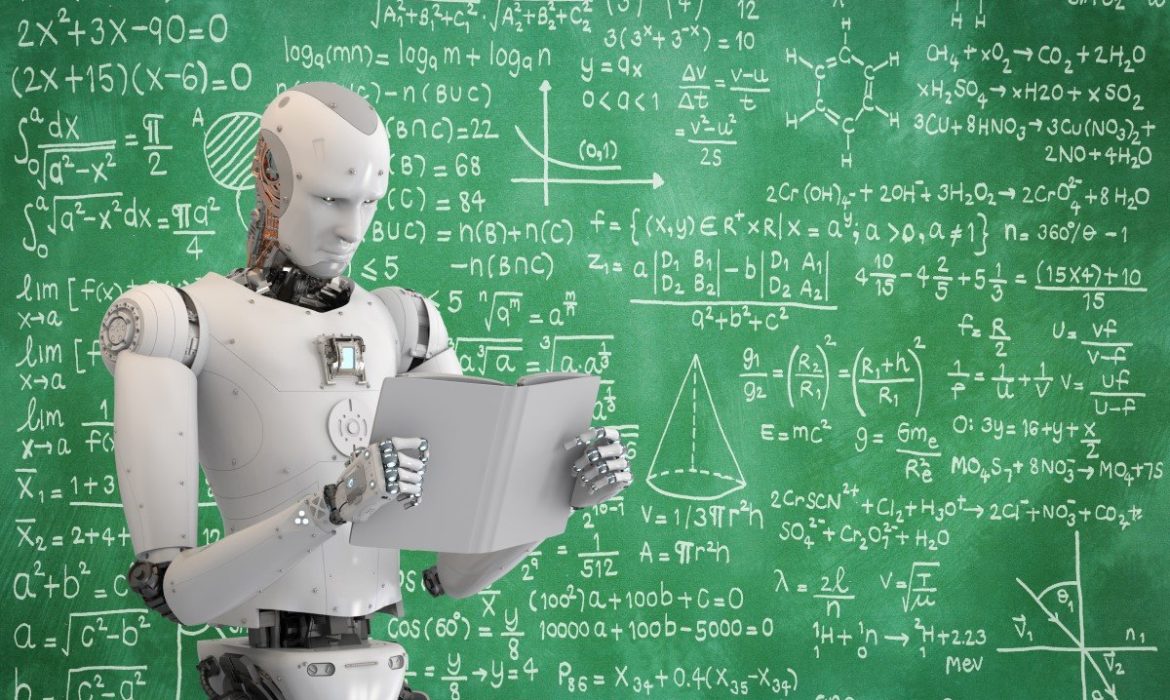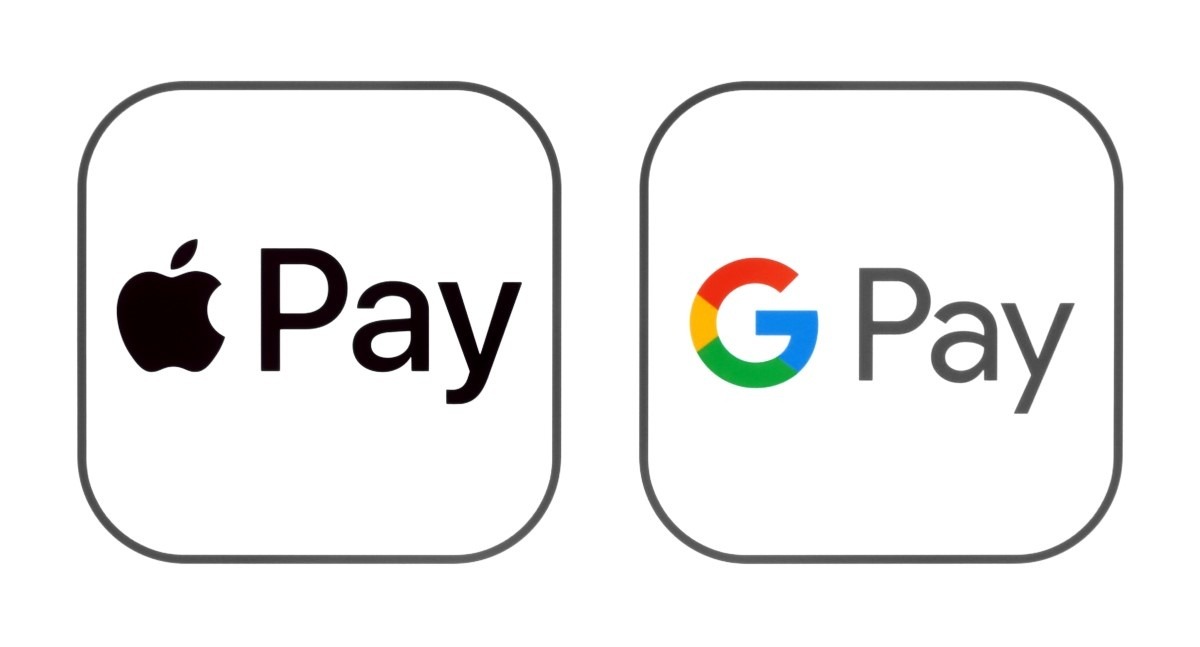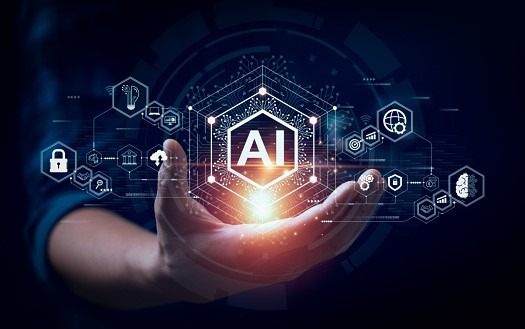Distance learning programs are no novelty and have existed since the 1980s. However, with technological development and widespread mobile adoption, it became possible for online programs to become competitive in the educational field. Unfortunately, higher education costs continue to rise, and aspiring students have to burden themselves with high-cost loans. Also, choosing the right bachelor, or major to maximize career success in the future is exceptionally hard. Even though educational technologies offer a variety of online courses and programs, virtual programs can pass tuition savings up to 25%. Thus, millennials and adult learners are actively searching for alternatives. Nowadays, universities and colleges try to offer future enrolment candidates non-traditional and individual routes to a degree.
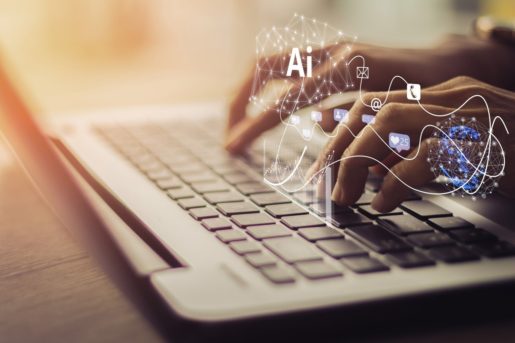
The increasing speed of online-based learning development has its benefits. However, AI does not offer the ultimate solutions. Also, there is a chance that improvements facilitated by artificial intelligence can help change the virtual experience.
Enrollment in individual online courses is becoming more popular each year. For example, The University of Illinois Urbana-Champaign made their on-campus MBA program to transition into an iMBA online. Another example is the Georgia Institute of Technology, an elite institution that received $2 million investment from AT&T and created new online-courses that cost only 7 000 USD. In theory, approximately 25% of universities are expected to fail in the next 20 years. The reasons are high prices, huge student loans, declining motivation in registration and physical enrollment.
The Advantage that Artificial Intelligence Technology can provide to online-education
The current teaching model lacks improvement. The educational system needs the reimagining of its educator roles, systems, and platforms. In this case, AI can help a lot. Artificial intelligence can save tutors’ time by taking over automated assignment grading and remote monitoring services. Thus, allowing instructors to skip time-intensive tasks and concentrate on higher-value work.
AI lets the long-distant student choose the subjects he or she likes, personalize timetables, and schedule additional courses. Artificial Intelligence combined with machine learning can develop a new learning management system that will categorize individuals into different learning groups. Thus, it will enable tutors to provide effective content and learning style. Besides, AI is responsive 24/7, and it does not need to take breaks, it does not get annoyed because someone called late at night. Therefore, every student can contact a virtual tutor whenever he or she needs assistance. Also, AI and virtual education is beneficial for students that need specialized assistance, have disabilities or do not thrive in the regular classroom setting.
Disadvantages of AI Learning
However, there are significant disadvantages to the AI systems. Replacing teachers with robots, the students get all the necessary knowledge; however, they will have no personal interaction with a teacher. Tutors are not just walking encyclopedias, and they offer personal guidance and experience to their students. There is another significant problem. Ai can get into the wrong hands. Therefore, if someone was to hack the code, the system could break and spread illegally.
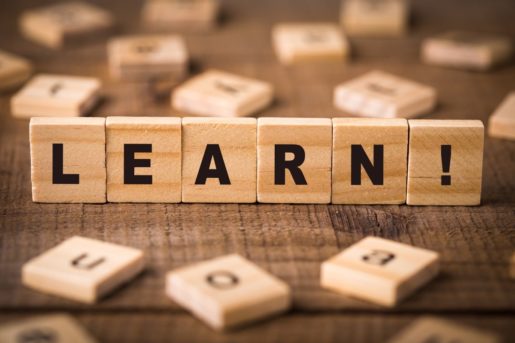
Finally, we can say there are two sides to the same coin, even though new artificial intelligence technologies offer wonderful opportunities to reimagine the educational system. However, there here are several downsides. It is slow progress, but eventually, students and teachers will no doubt reap the benefits of AI as it evolves over the next decade. In the end, only time and practice will show the real benefits of AI in education.


